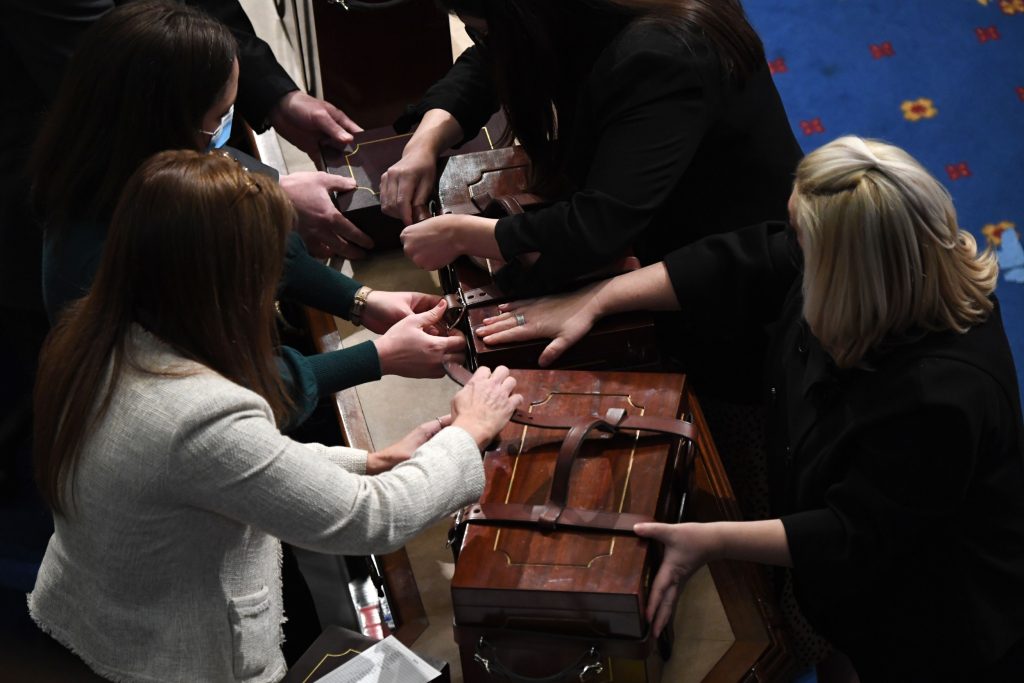The Electoral College system in the United States is criticized for distorting the will of the voter, yielding unexpected outcomes, and suppressing participation, as most voters live in states where the election outcome is predictable. This has led to instances where a candidate can win the presidency while receiving fewer votes than their opponent, sparking dissatisfaction among the public. Polls show that around 60 percent of Americans support a national popular vote for president, but many believe that changing the system is not possible. The Electoral College was established in 1787 to balance influence between populous and less-populous states, but many of the reasons for its creation are outdated in today’s society.
Mass communication and large concentrations of support have made personal campaigning less important, and many states are now seen as reliable “safe” states that can be ignored by candidates. The Electoral College was also established to prevent “mob rule” and allow electors to make informed choices, but they are generally ceremonial and overshadowed by the state-implemented winner-takes-all system. The system was designed to preserve individual states as distinct entities, but in reality, most Americans’ primary affiliation is to the country rather than the state. With advances in communication and technology, the logistical challenges that influenced the creation of the Electoral College are no longer present.
The unequal distribution of electoral votes has also been criticized, as a vote in a small state can be worth significantly more than a vote in a more populous state, violating the principle of “one person, one vote.” The Senate, which gives each state equal representation, also skews political power in favor of rural, Republican-leaning states. Efforts to change this system face significant challenges due to the need for a constitutional amendment requiring approval from three-quarters of the states. Secessionist sentiments in certain regions may arise if the system continues to showcase disparities in representation and power.
One potential solution to bypass the Electoral College system is the National Popular Vote Interstate Compact (NPVIC), which allows states to award their electoral votes to the national popular vote winner. The compact currently has support in 16 states and Washington, D.C., representing 209 electoral votes, with more states needed to reach the 270 votes required to win. The NPVIC aims to ensure that every vote counts and candidates must appeal to voters nationwide, fostering a more democratic and inclusive political process. While swing states are hesitant to join the compact, it could help restore faith in the political system and address polarization issues in the country.












